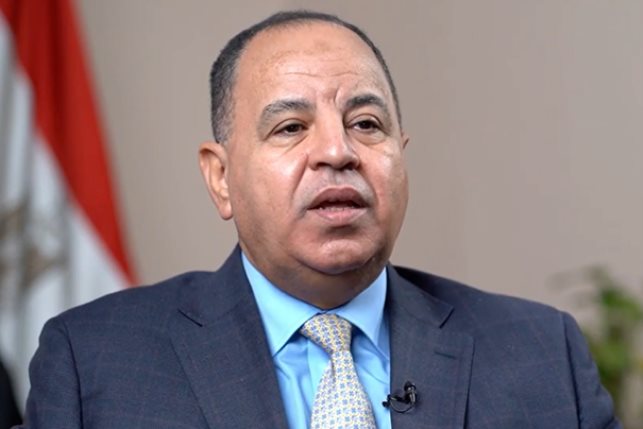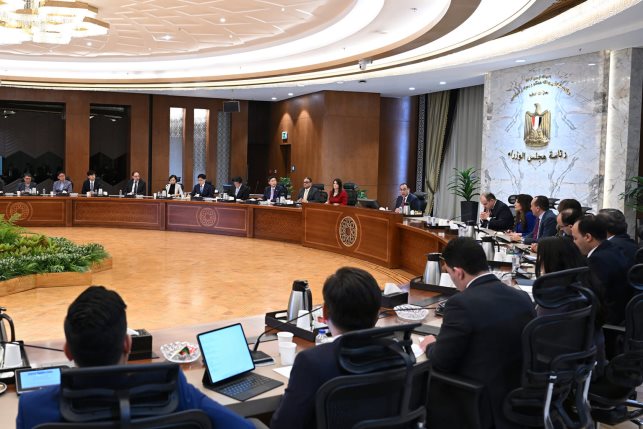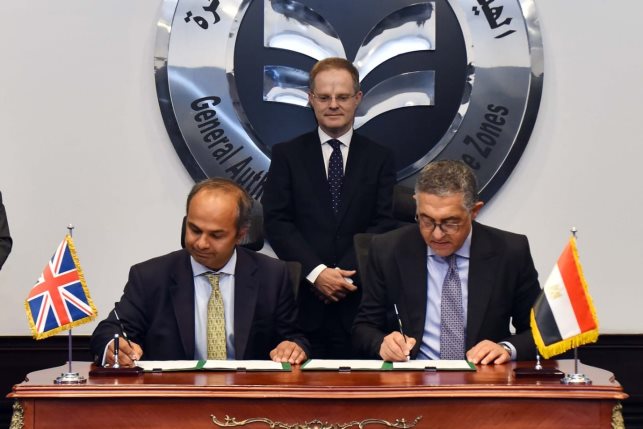Egypt’s PMI declines to 45.5 in January amidst EGP depreciation and inflation
The sudden and sharp depreciation of the EGP in January led to Egypt’s PMI rating slipping to 45.5 from a stronger 47.2 in December

“Another marked depreciation of the Egyptian pound against the US dollar in January added to gloomy inflation forecasts at the beginning of 2023,” says David Owen, Senior Economist at S&P Global Market Intelligence.
The sudden and sharp depreciation of the EGP in January led to Egypt’s PMI rating slipping to 45.5 from a stronger 47.2 in December, leading the country into its 26th consecutive month of contraction as it kicks 2023 off.
The S&P Global Egypt Purchasing Managers’ Index (PMI) report explained that the depreciation drove a rapid acceleration in price pressures, pushing purchase cost inflation to its highest level in four-and-a-half years, and leading to the sharpest increase in selling charges since February 2017.
The report pointed towards high inflation and a continued shortage of foreign currency as cause of concern and contraction.
High inflation is expected to slow demand in the months ahead, said surveyed non-oil businesses who gave a subdued assessment for output in 12 months' time in January.
Related > Monetary Policy Committee keeps key interest rates unchanged in first meeting of 2023
While some had hopes that the market will stabilize, overall sentiment was at its third-lowest level since April 2012.
“The dollar shortage added significantly to Egypt's economic challenges in 2022 and will likely remain a major problem this year. As such, business forecasts for the coming 12 months fell to their third-lowest on record, as firms predict supply and price-related issues to hamper demand further,” wrote Owen.
According to S&P, heightened inflationary pressures accelerated a decline in new business inflows, leading to fresh job cuts in activity, purchasing activity, and employment.
The PMI's sub-index for overall input prices climbed to 72.3 from December's 65.0 and that for purchase prices rose to 72.7, its highest reading since the months after Egypt devalued its currency by half after an earlier IMF agreement in 2016, the report explained. The purchase price sub-index was at 64.3 in December.
"Some firms added that import restrictions led to further supply shortfalls, which hindered activity and contributed to a sustained rise in backlogs of work," the report added.
The sub-index for output slid to 42.3 in January from 44.8 in December and that for new orders to 42.6 from 45.5.
The sub-index for future output expectations deteriorated to 53.1 from December.
Headline inflation in Egypt surged to a five-year high of 21.3% in December.





